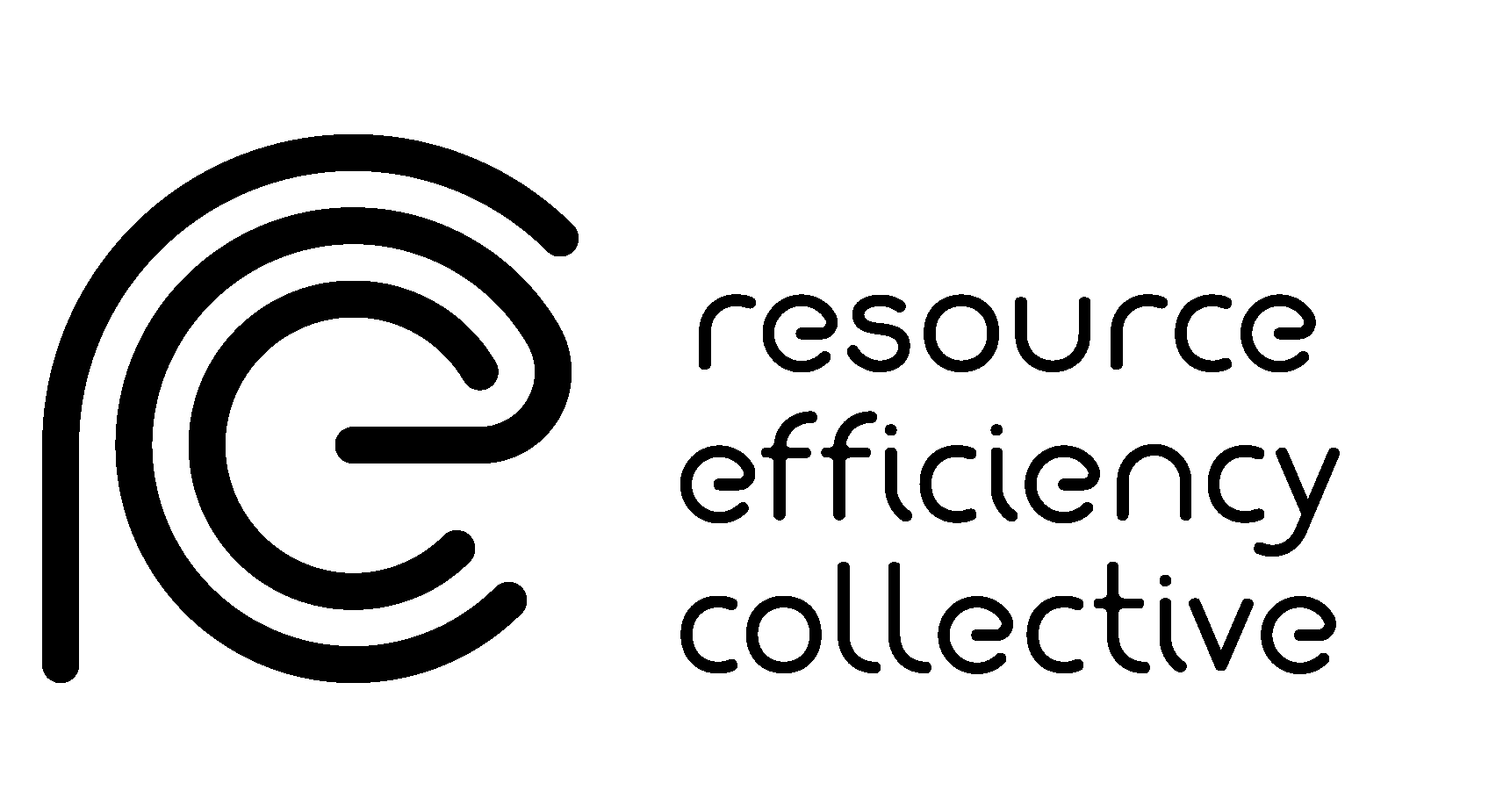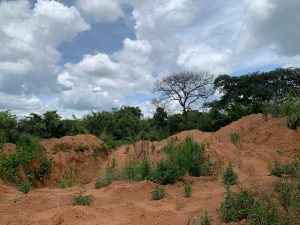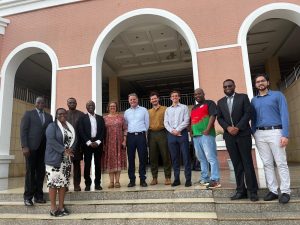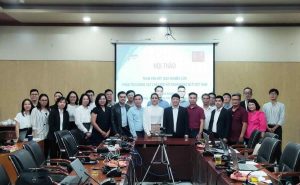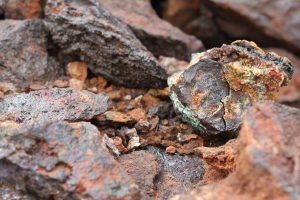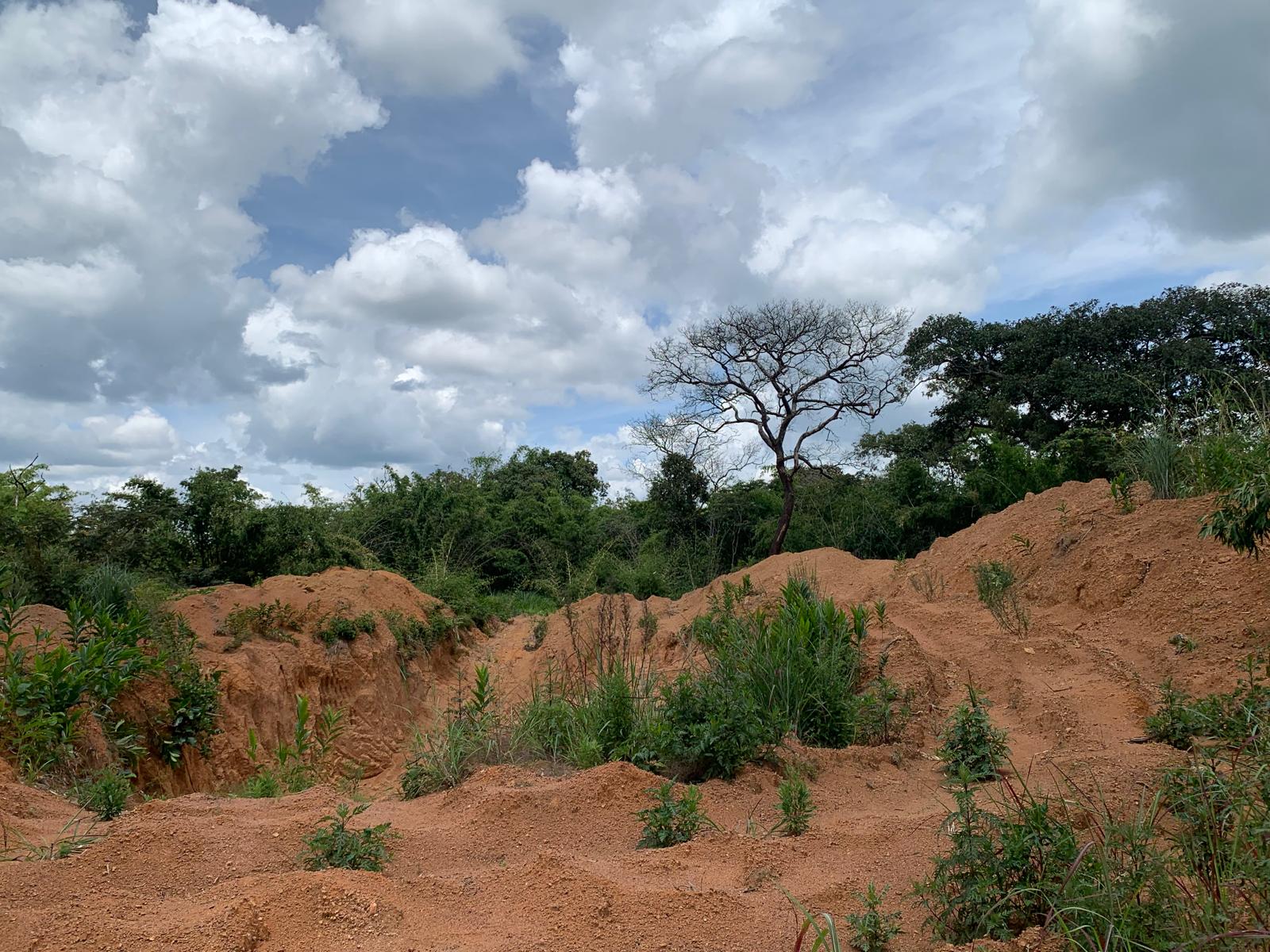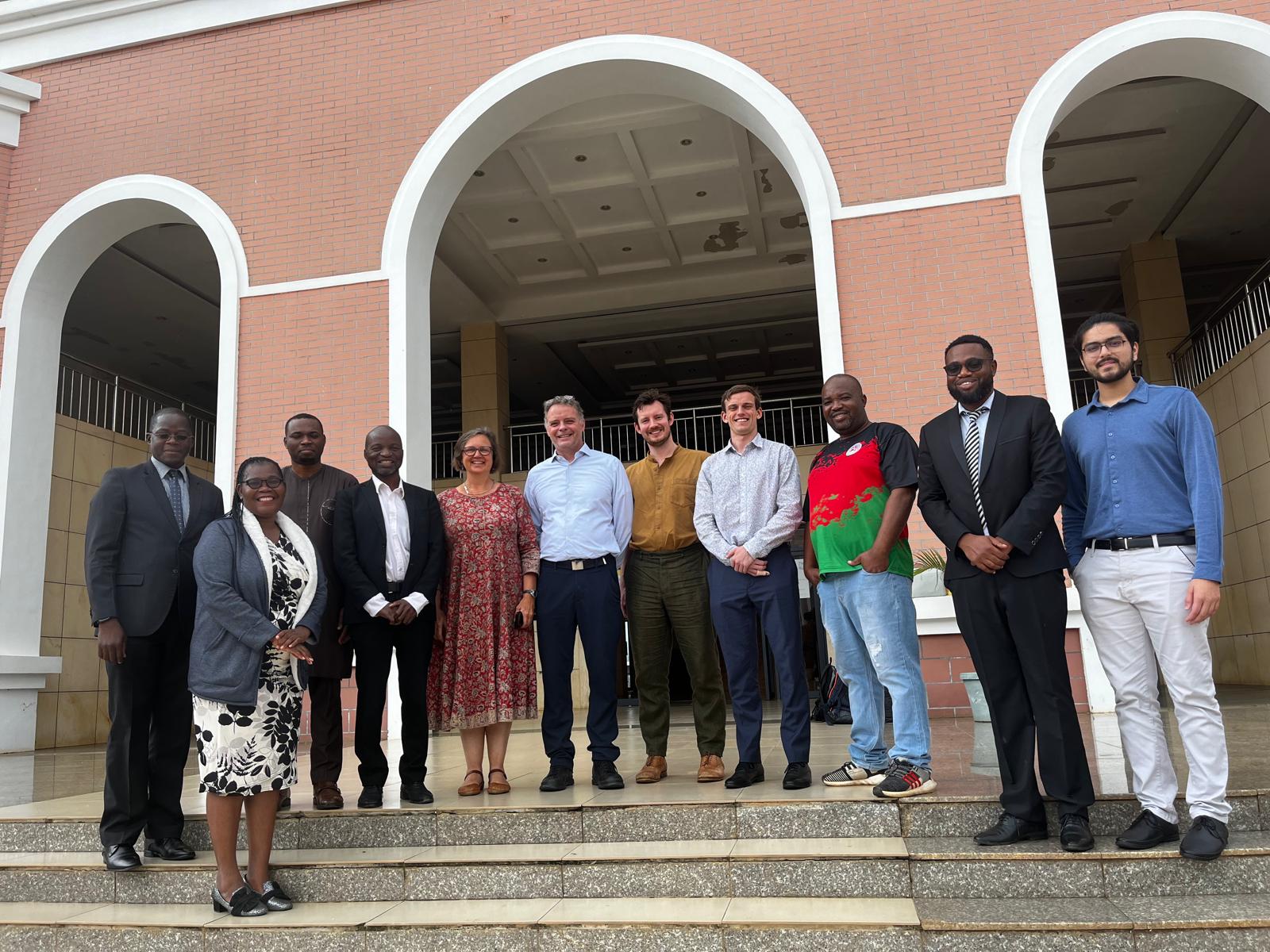Smart Sustainable Packaging from Plants (S2UPPlant)
We’re excited to announce our involvement in the launch of S2UPPlant – Smart Sustainable Plastic Packaging from Plants.
Background:
Over 90% of plastics are derived from fossil-derived feedstocks, representing about 6% of global oil consumption. If nothing is changed this is expected to rise to 20% of total oil consumption and 15% of the global annual carbon budget by 2050.
The Project:
We want to supplant the widespread use of fossil-derived plastics with materials made from naturally derived sources, such as wood (cellulose) and plants (sugars). These materials will degrade more easily in the natural environment, and result in no additional carbon being returned to the biosphere. By changing the genetics of the plants, or blending with other additives from food or agricultural waste, we can engineer materials with new functional properties, such as improved strength or better protection, resulting in a reduction in overall volume of plastic packing needed to keep food fresh. By assessing the impact of switching to cellulose and plant-derived sugars, and making better use of waste products from food and forestry industries, we will explore the trade-offs between the benefits of plastic packaging and the impacts of its production and disposal. Success of the project will result in fulfilment of many of the UK Plastic Pact 2025 challenges and help to achieve the objective of establishing the UK as a leading innovator in smart and sustainable plastic packaging.
The People:
An interdisciplinary team has emerged from CirPlas (Cambridge Creative Circular Plastics Centre) to develop a programme for sustainable plant-based materials suitable for packaging. This comprises material scientist (Professor James Elliott, Department of Materials Science and Metallurgy), plant biochemist (Professor Paul Dupree, Department of Biochemistry) and environmental, economic and social impact analyst (Dr Jonathan Cullen, Department of Engineering) of Resource Efficiency Collective.
Further information can be found on Cambridge University’s website and on UKRI’s website.
